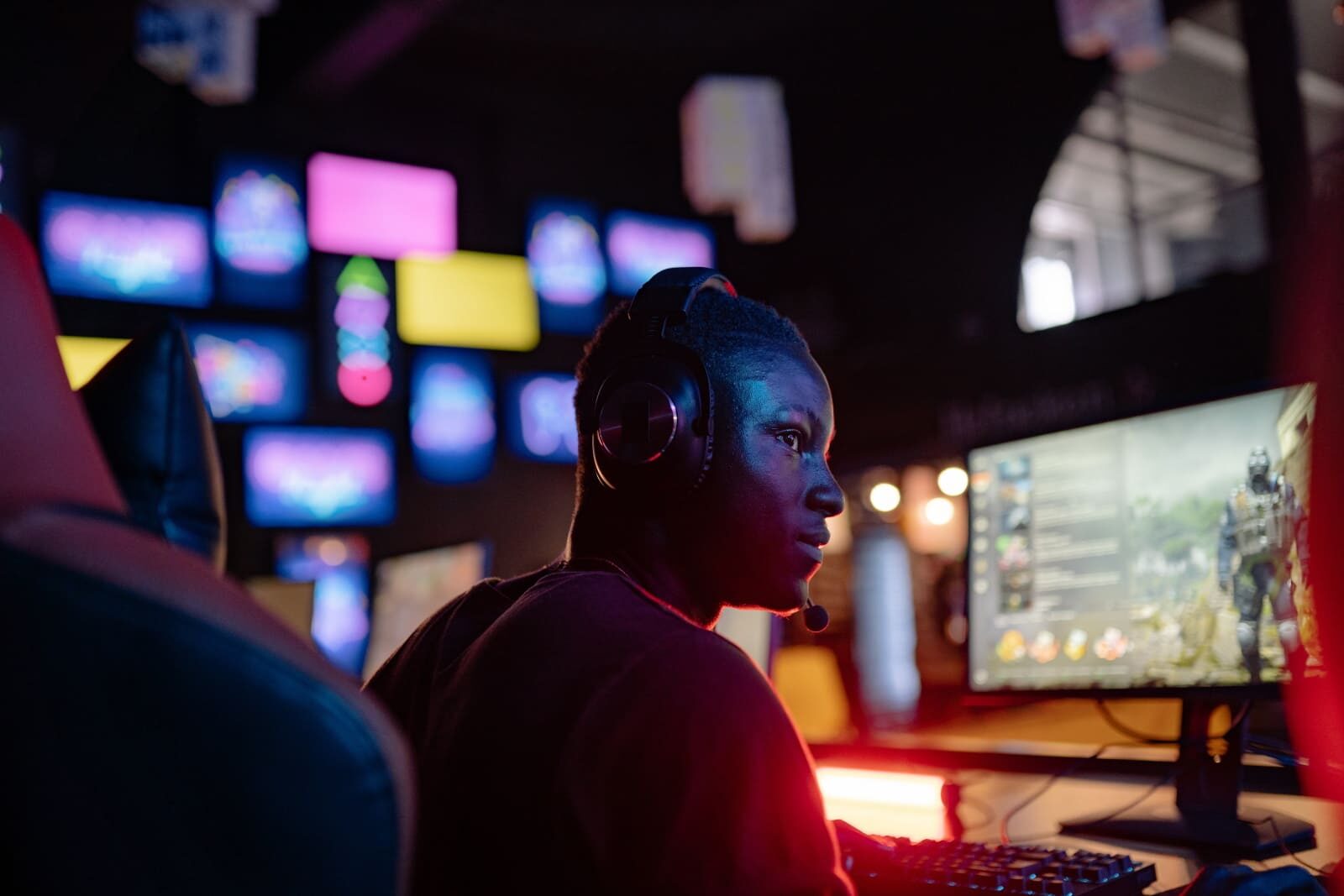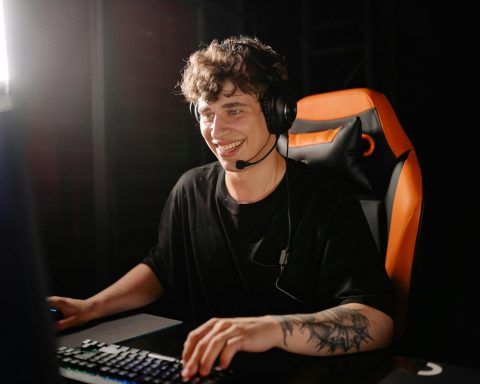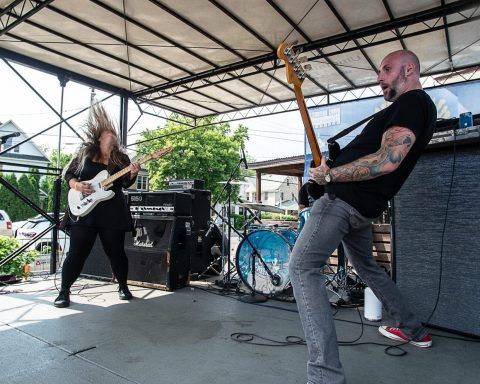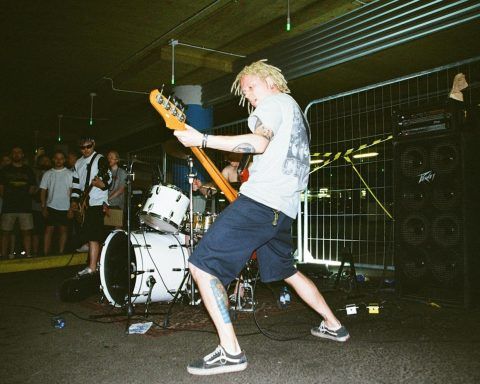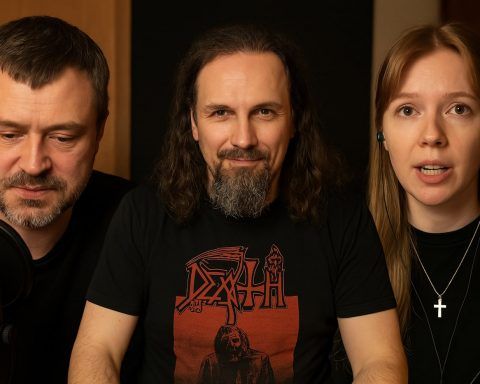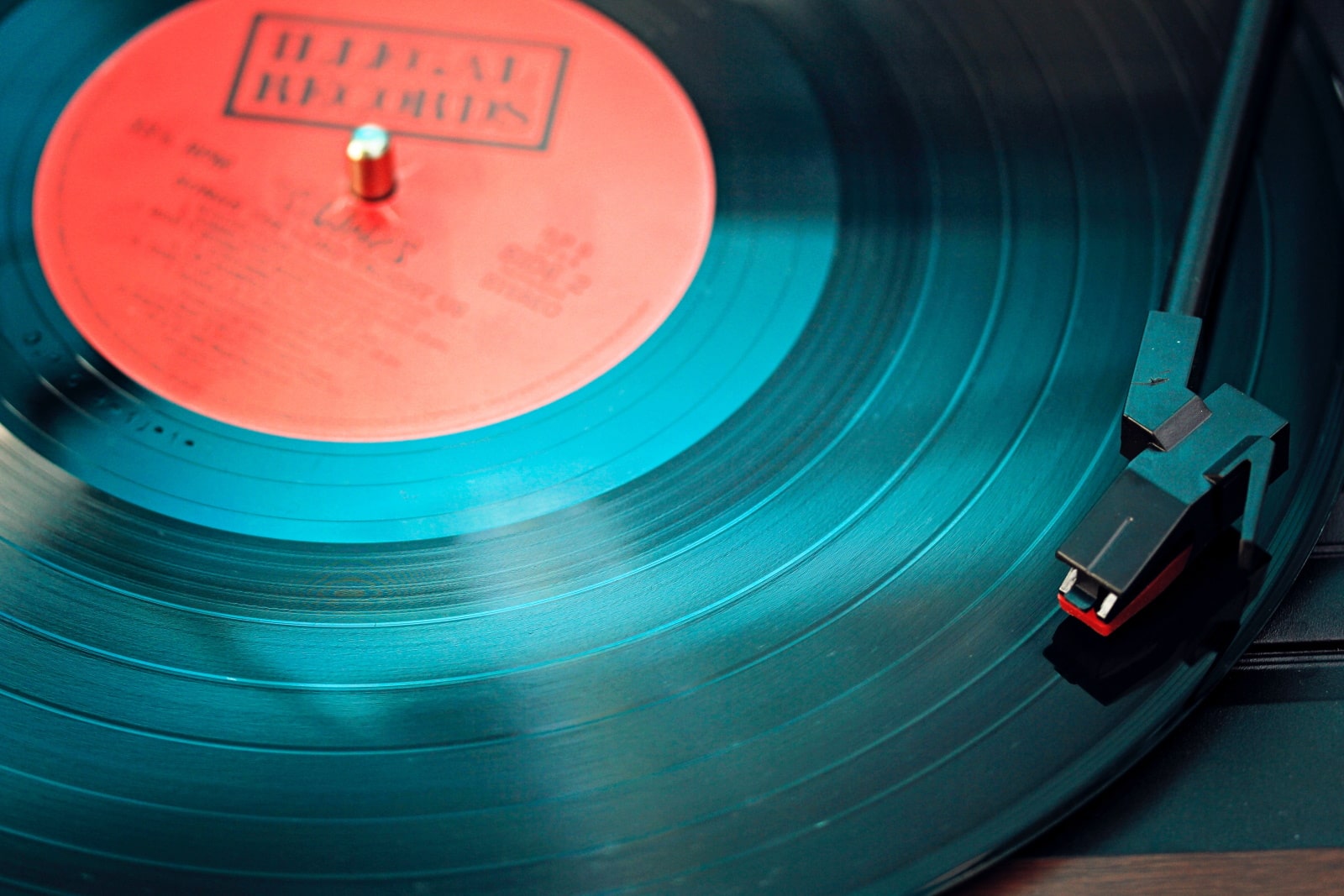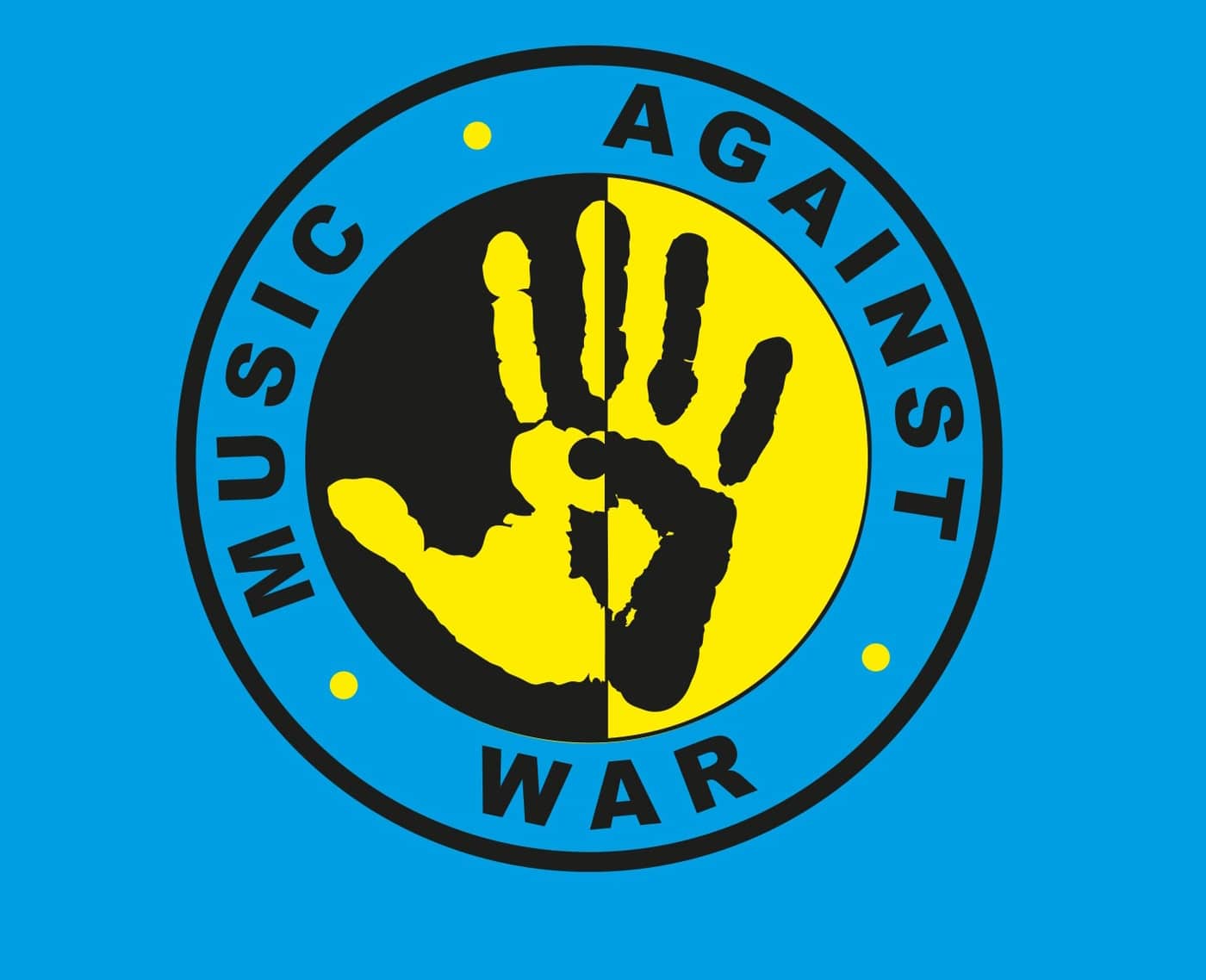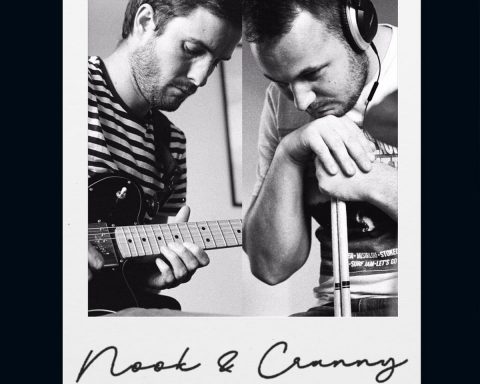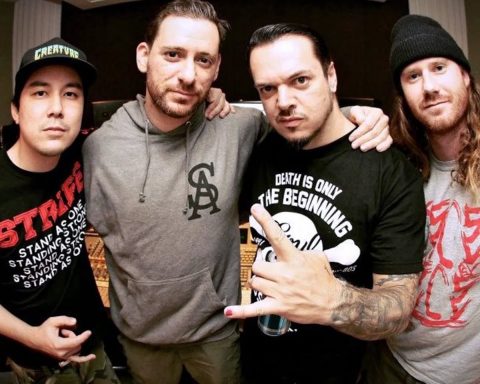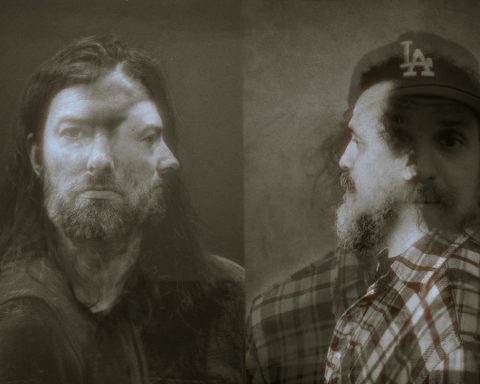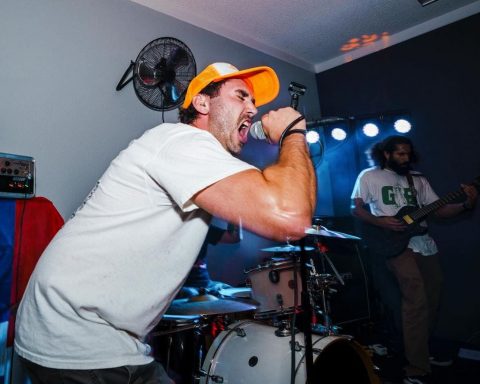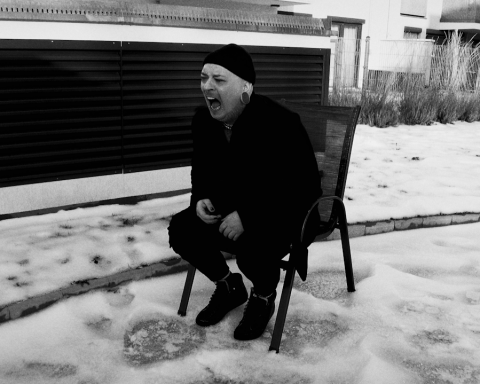Although music and sports were critical cultural entities, the deep-seated connection between these two was unnoticed. But over time, with contributions from the world’s top psychologists, sociologists, historians, musicologists, and experts in sports and cultural studies, there has been a growing appreciation for the essential roles music has played in the performance, reception, and commercialism of all forms of sports.
However, sports might be the last thing to cross your mind when the topic of particular genres of music like punk comes up in a conversation. While one group goes undercover to bet on games on German betting sites, the other group is more engaged in live sports and even performs the activity. These life factions are fundamentally opposed to one another, and their followers present their mutual dislike as being between the outcasts and the mainstream, the unpopular vs. the famous, the rebellious vs. the underdog, and the inactive vs. the athletic.
With so many differences between them, is there a thin line? Well, we believe that if you were to describe the traits and attitudes of punk rock today, you would see a lot of parallel lines between the music genre and esports today. For one, the professional uses of sound in esports and its application to improve athletic performance are evident. This article will outline the similarities between the two and give a detailed analysis of their impact on individuals.
5 Things E-sports and Punk Music Have In Common
From the use of sports anthems to mark historical occasions, Olympic music performances, rock music for gaming fans, and regional fan cultures to global mega-events, punk music and sport are strongly linked. Let’s look at the shared similarities in life matters:
1. Sleep Relief
Esports and punk music both raise the spirit. These entertainment forms assist their spectators in taking off stress and promoting general well-being. This is because all of these activities call for social connection, which lowers the likelihood of loneliness. Hence, through engagements, people can also convey their feelings and positively redirect them.
While people gain a lot of relief when they play games, some love to listen to music after a day’s work. Although it’s rare to find individuals who prefer both and can make do with any, the two factions are good to go as agents of leisure time relaxation.
2. Creativity
Irrespective of differences or how these activities are carried out, creativity is the driving force behind them. People need to think creatively and adapt to complete tasks like creating a new beat for punk music, a captivating way to portray a message in lyrics and emotions, or using your quick hands strategically to win a game. Hence, we are challenged to think outside the box while engaging in any of these activities. It also enhances our knowledge, focus, and intelligence.
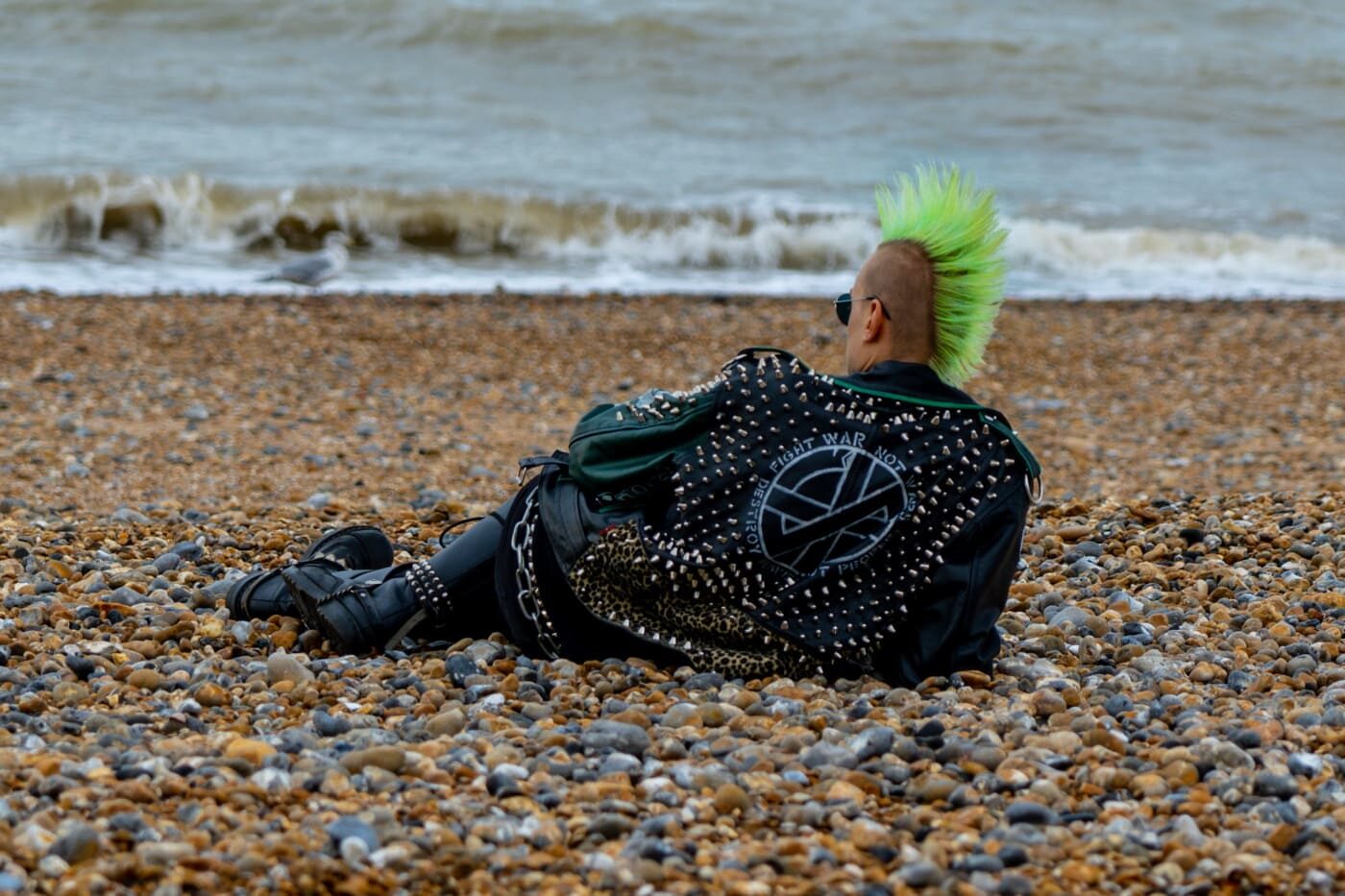
3. Togetherness
Another common interest between esports and punk music is relationships of any kind—friendships, collaborations, business ties, etc. These connections are more valuable when they serve a purpose, and like human beings, they require a reason to exist. We find that through social interactions on specific online forums like German betting platforms or media networks, people connect and even stay longer when the goal of the community is suitable for them.
Sports and music have all existed for centuries and will continue as long as humans inhabit the globe. Therefore, maintaining relationships based on these entertainment activities that will continue for a long time can also aid in creating a positive, meaningful world.
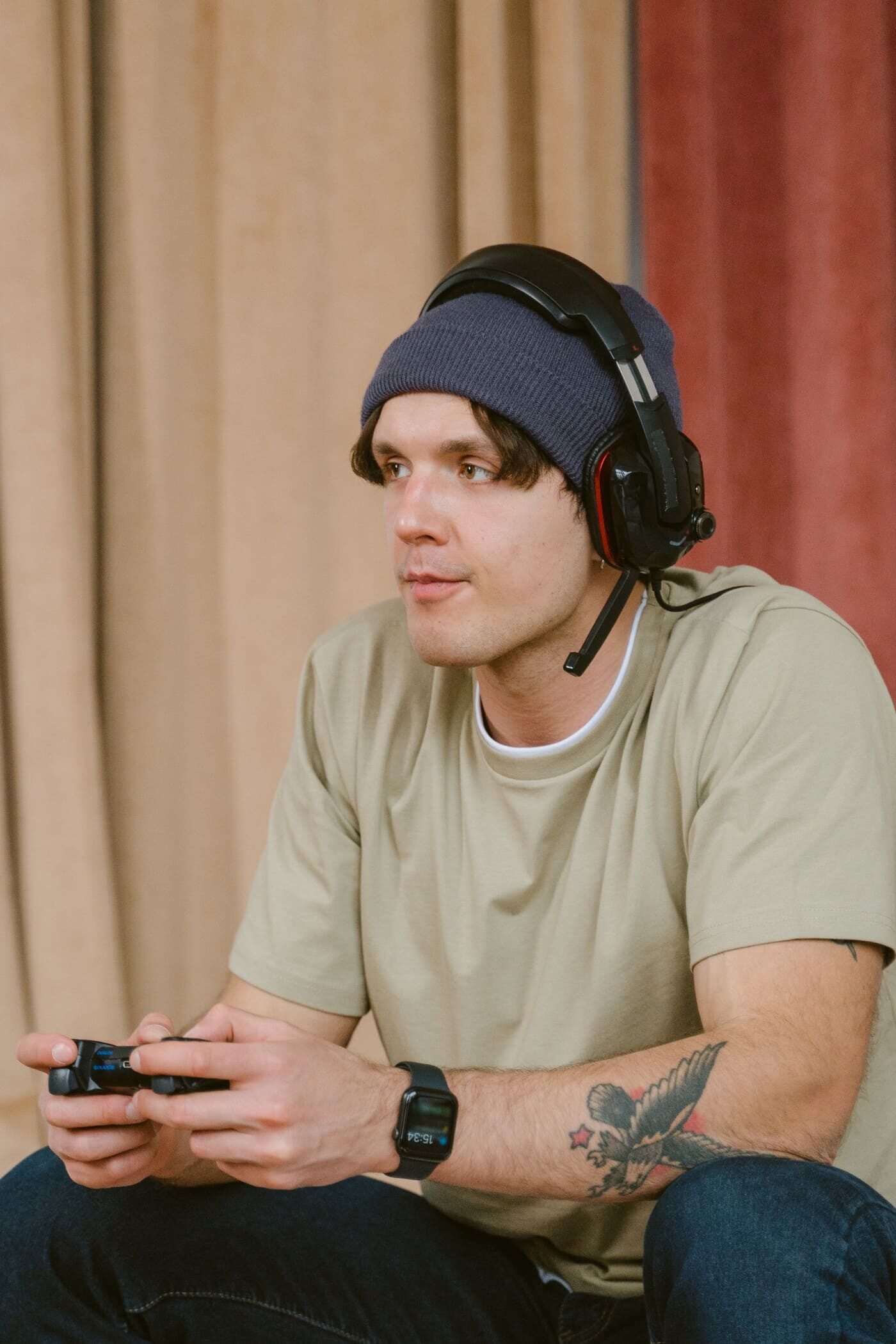
4. Worldwide Audience
Exploring human potential is a lifelong goal for musicians and esports enthusiasts. By shattering records, inspiring audiences worldwide, or altering the course of entire nations, the leaders in these fields continue to highlight the human mind’s potential. They encourage individuals of all ages to pursue self-development by acting as role models and spreading the gospel of these arts worldwide.
Punk music and esports reach in the world today has crossed an all-time global high. Many people out there would invest good money into watching or participating in what they love. So, you see recording labels and sporting centers filled with individuals all engaged at a time.
5. Positivity
Participation in music and sports improves a person’s overall well-being. Even though they don’t result in fame or money, these activities guide toward productive behavior, which boosts confidence and self-esteem.
People constantly use music and sports to manage themselves through difficult times. Those who vibe to punk music can find solace in their musical abilities, while esports players can rely on their leisure time experience to get them through a tough time. Therefore, there is a feeling of positivity and satisfaction.
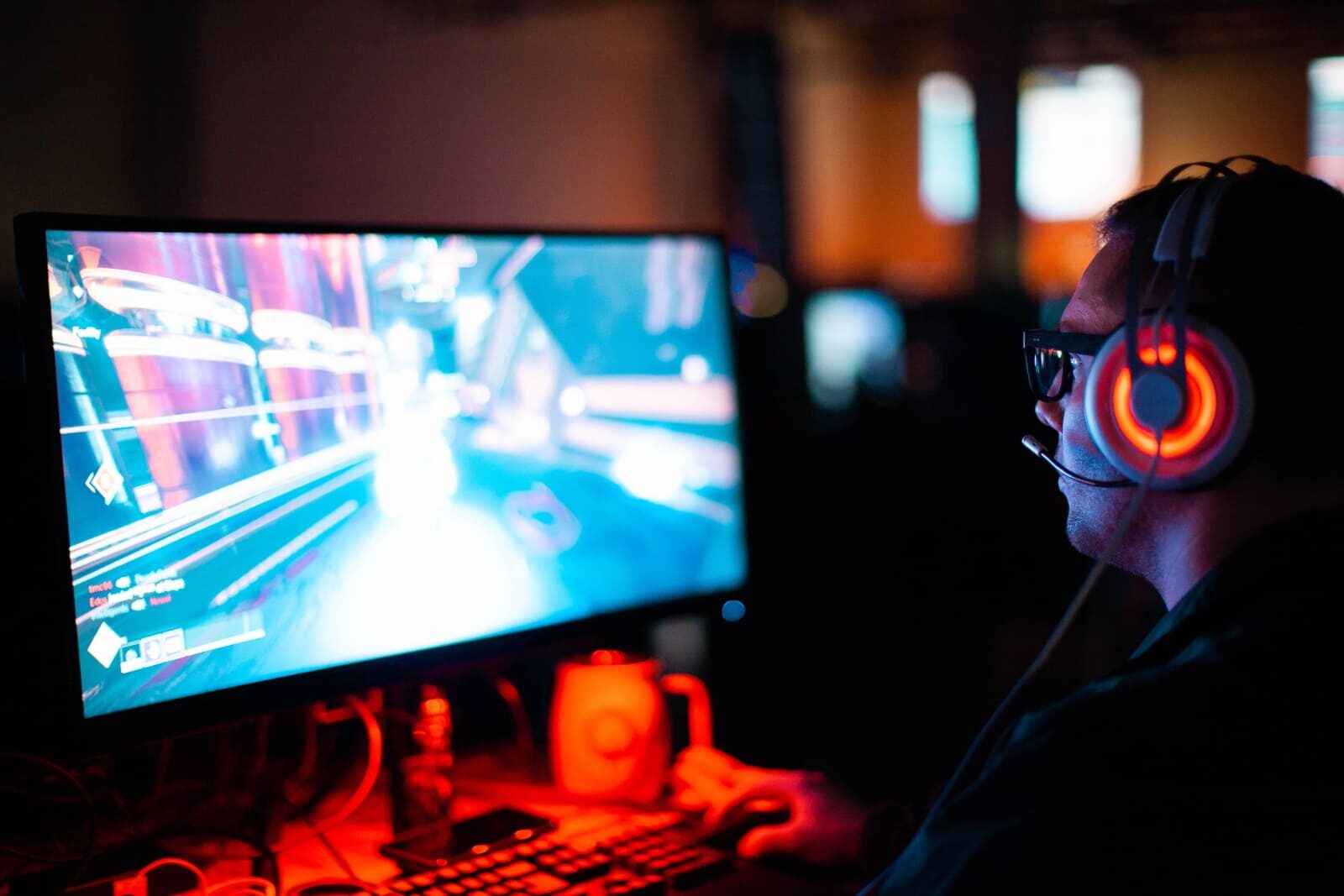
Conclusion
There are other basic similarities between Esports and Punk rock. Both provide the opportunity to deal with pressure and involve energy use. Some of them include that in both cases, there is a need to dress up, interact with people and perform activities in real time. The thin line is now evident in these points, and we can see that there is more to the hostile differences we visibly encounter among their followers.



